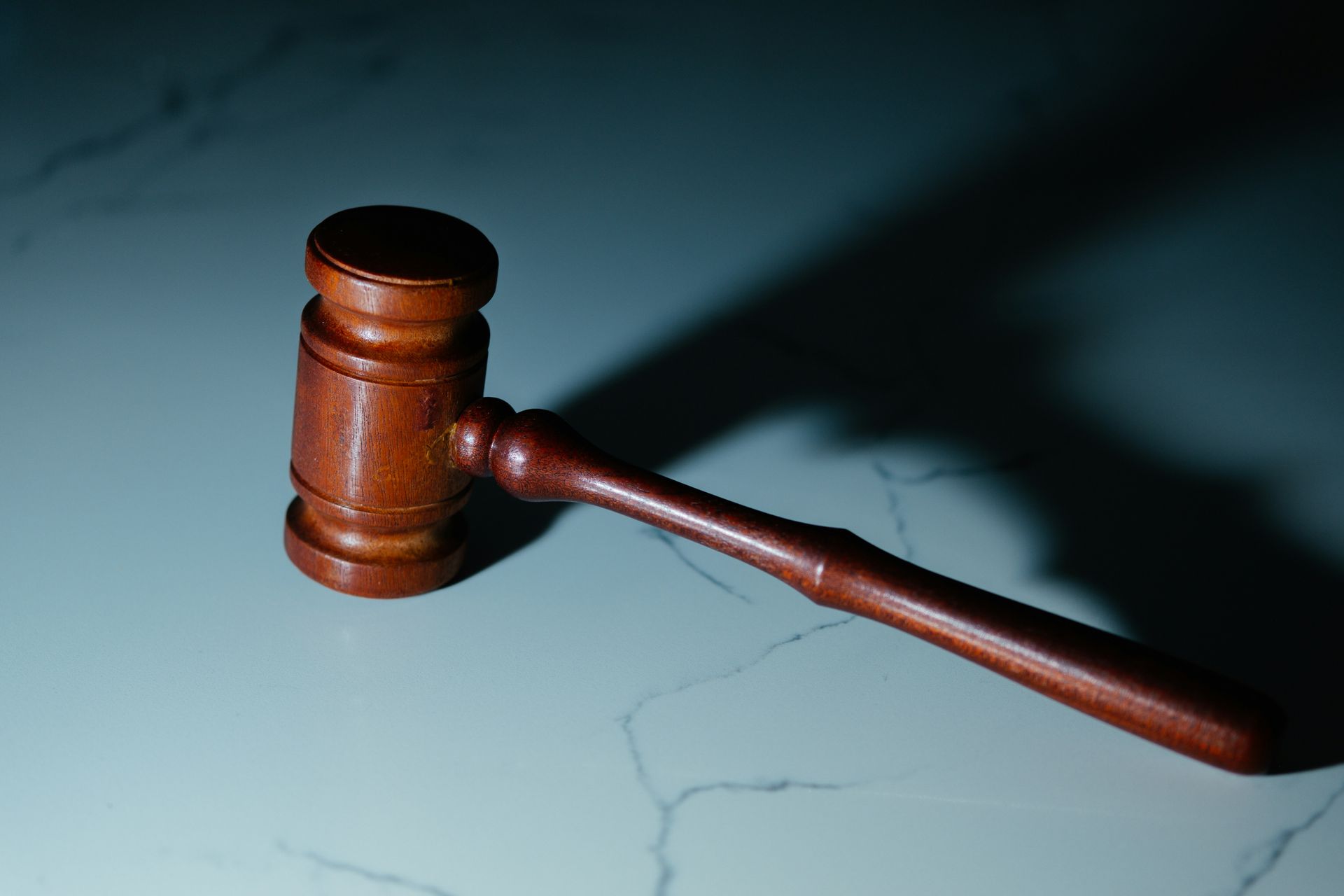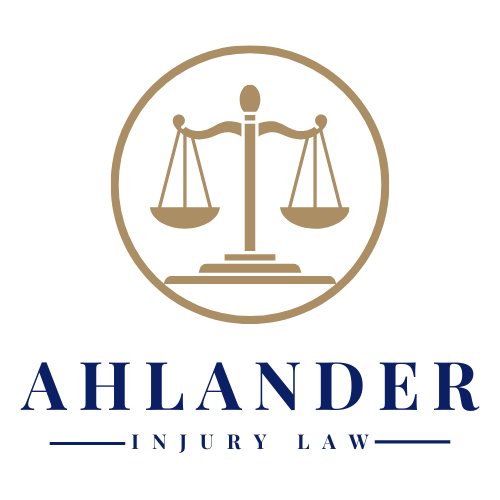Mistakes That Can Hurt Your Injury Settlement
Receiving a fair and just settlement is essential when you’ve suffered a personal injury. However, navigating the legal process can be complex and daunting, and making mistakes along the way can significantly impact the outcome of your settlement. To ensure you receive the compensation you deserve, it’s crucial to avoid common mistakes that can harm your personal injury settlement. We will discuss these common pitfalls and provide guidance on how to steer clear of them.
Delaying Medical Treatment and Documentation
One of the most significant mistakes individuals make after sustaining a personal injury is delaying medical treatment or failing to document their injuries thoroughly. Prompt medical attention is crucial not only for your well-being but also for your settlement. Waiting too long to seek medical help or not following through with recommended treatments can give the opposing party an opportunity to argue that your injuries are not severe or directly related to the incident. Additionally, failure to document your injuries thoroughly, including medical records, diagnostic tests, and photographs, can weaken your case and hinder your chances of a favorable settlement.
Admitting Fault or Discussing the Case
In the aftermath of an accident, it is crucial to avoid admitting fault or discussing the details of the case with anyone other than your attorney. Even seemingly innocent statements made to insurance adjusters or other parties involved can be used against you during settlement negotiations. Admitting fault or providing inconsistent statements can harm your credibility and weaken your position. It’s best to let your attorney handle all communications and provide guidance on how to navigate conversations related to your case.
Settling Too Quickly or Without Legal Guidance
Settling too quickly is a common mistake that can significantly reduce the compensation you receive for your personal injury. Insurance companies may approach you with early settlement offers that seem tempting, but they often do not reflect the full extent of your damages and long-term consequences. It’s essential to consult with a qualified personal injury attorney who can assess the true value of your case and negotiate on your behalf. Accepting a settlement without proper legal guidance can result in inadequate compensation for your injuries, medical expenses, lost wages, and other damages.
Misrepresenting or Exaggerating Injuries
While it is crucial to document your injuries accurately, misrepresenting or exaggerating your injuries can have severe consequences for your settlement. Insurance companies and defense attorneys often conduct thorough investigations and have access to medical records and expert opinions. If they uncover inconsistencies or evidence of exaggeration, it can damage your credibility and jeopardize your chances of a fair settlement. Honesty and transparency regarding your injuries and their impact on your life are crucial for building a strong and credible case.
Avoiding common mistakes is vital to ensuring a favorable outcome in your personal injury settlement. By promptly seeking medical treatment, documenting your injuries thoroughly, refraining from admitting fault or discussing the case, seeking legal guidance, and maintaining honesty throughout the process, you can protect your rights and maximize your chances of receiving a fair and just compensation. Remember, the legal landscape can be complex, so it’s crucial to work closely with an experienced personal injury attorney who can guide you through the process, advocate on your behalf, and help you avoid the pitfalls that can harm your personal injury settlement.
If you’ve suffered a personal injury, don’t let common mistakes hinder your settlement. Contact our experienced personal injury attorneys today to ensure you navigate the legal process successfully and receive the fair compensation you deserve.
The post Common Mistakes That Can Hurt Your Personal Injury Settlement appeared first on Ahlander Injury Law.





